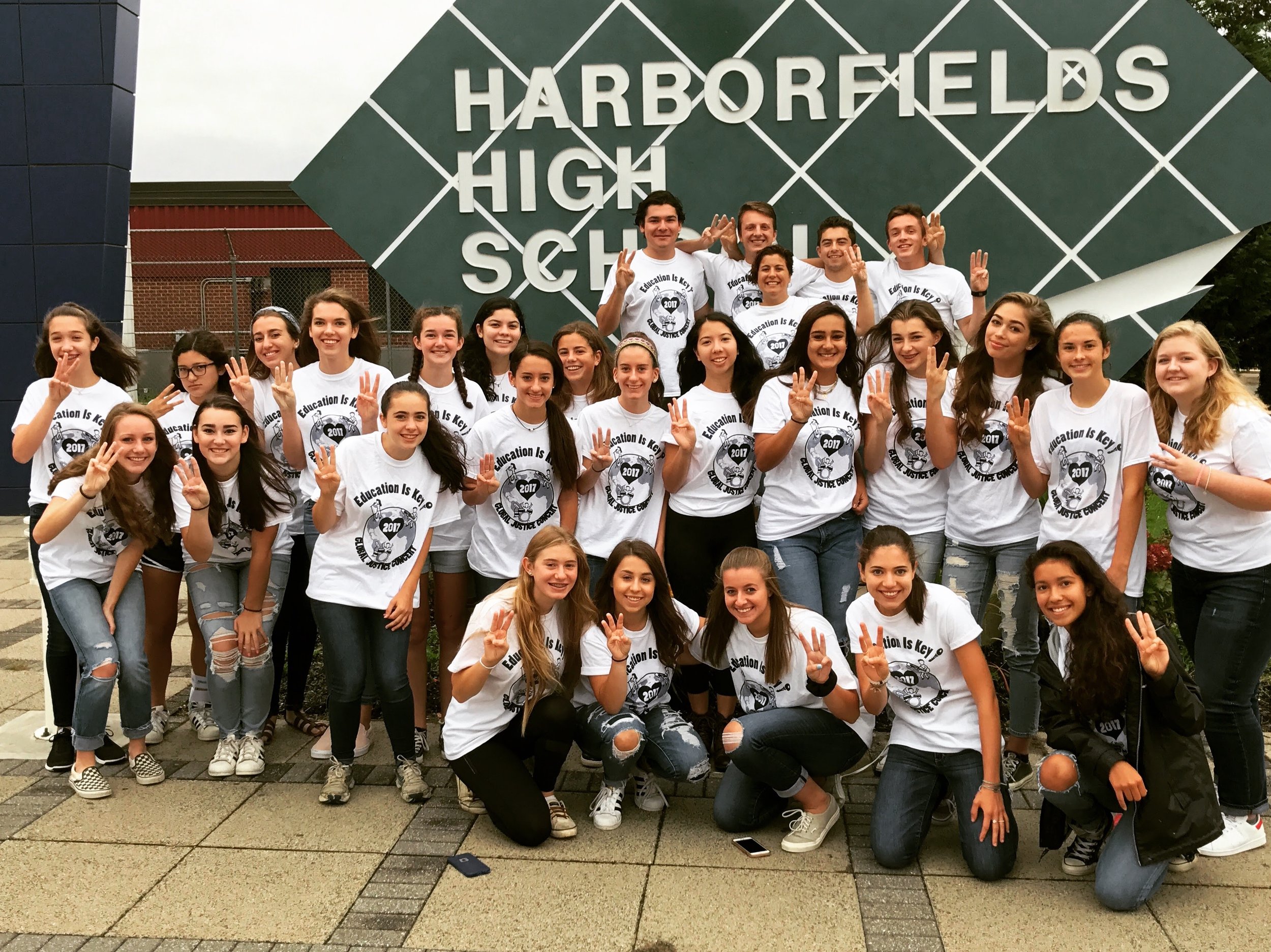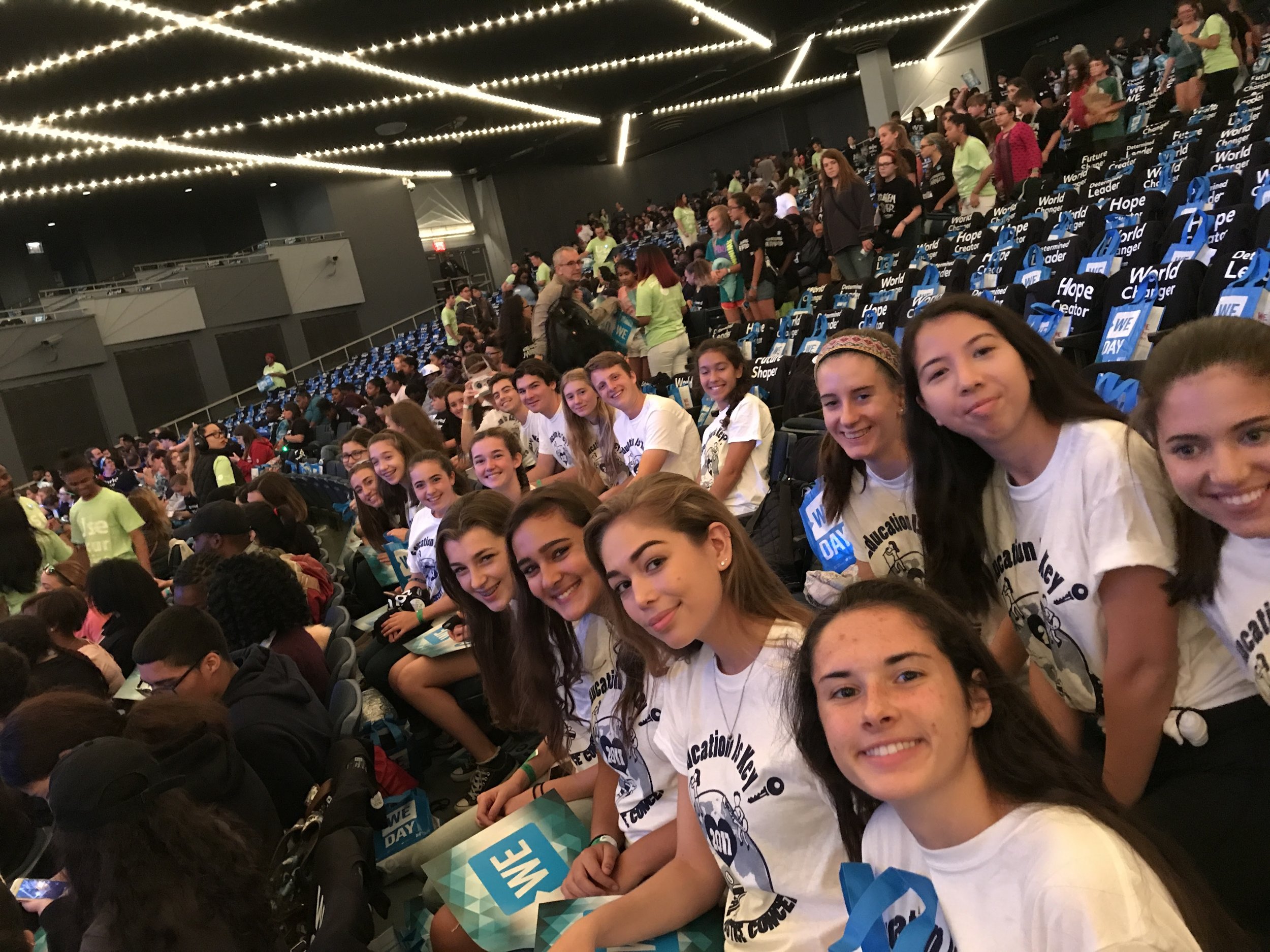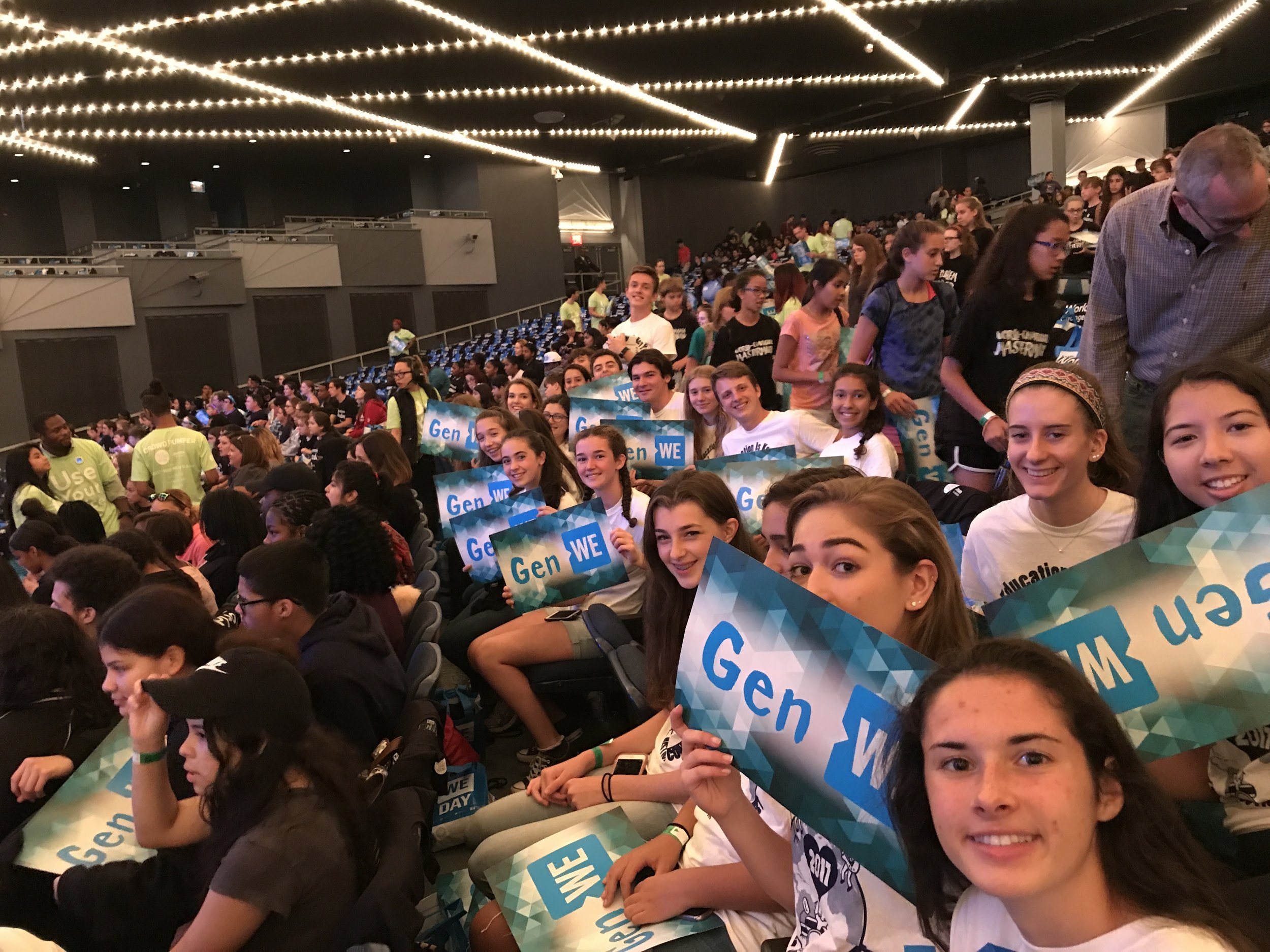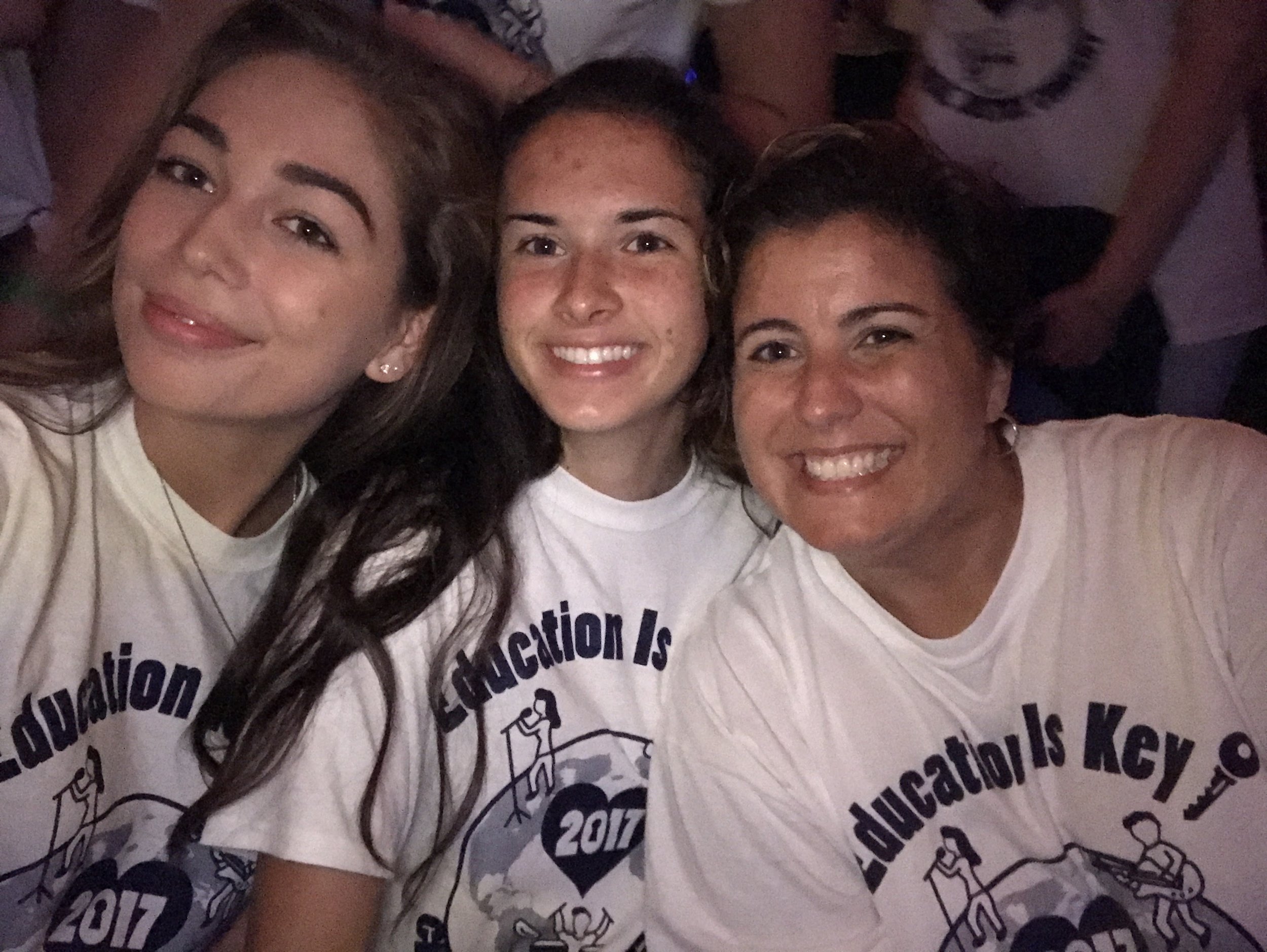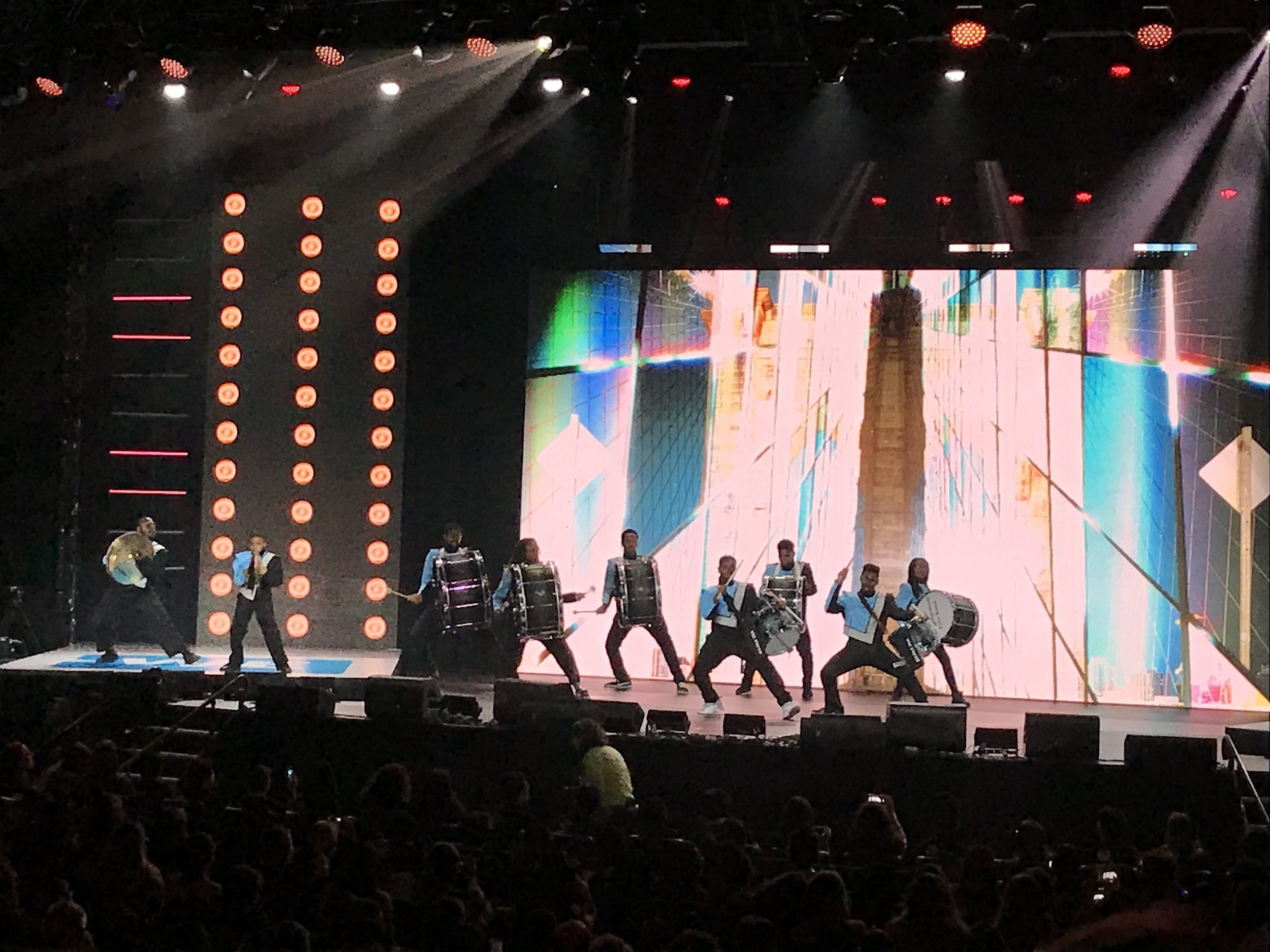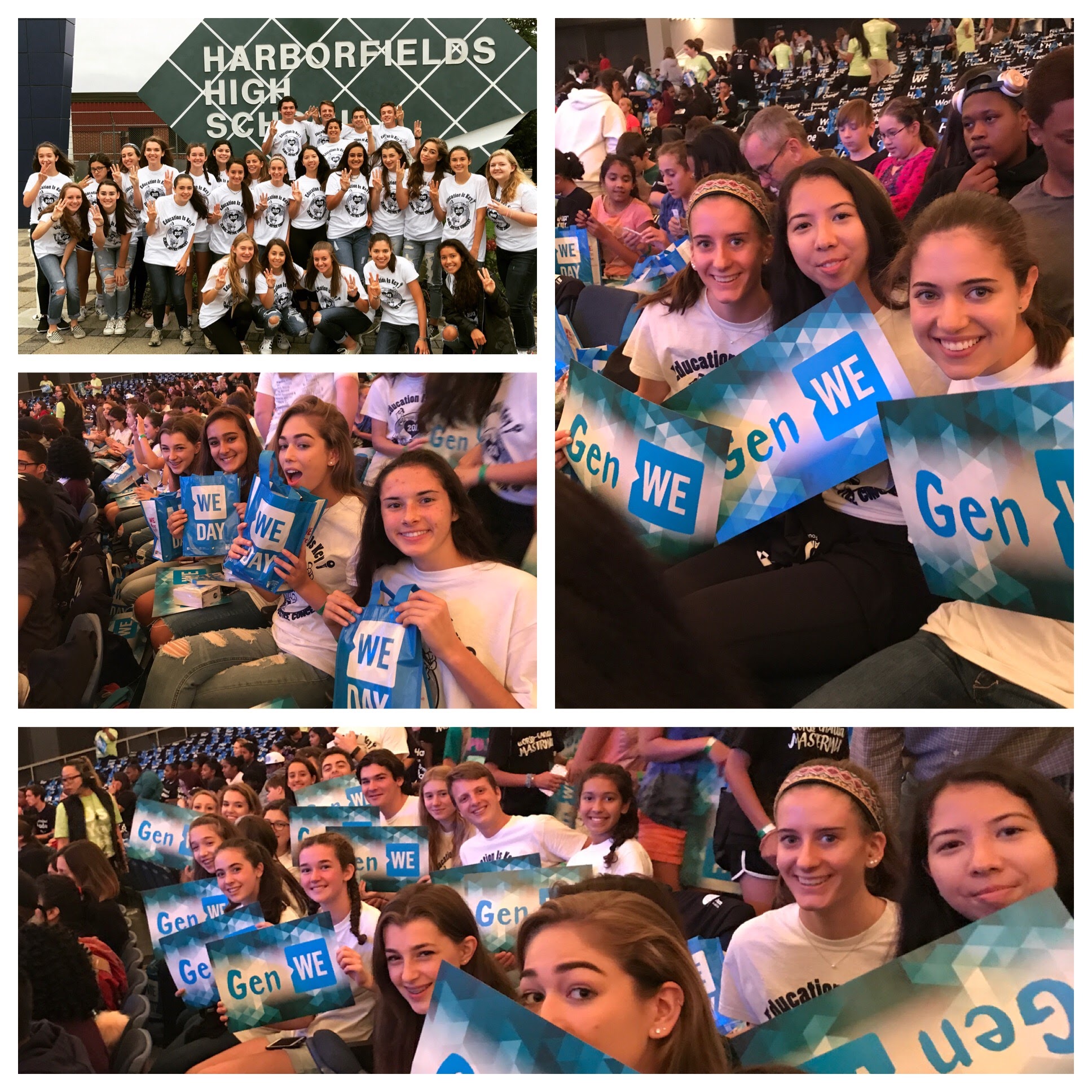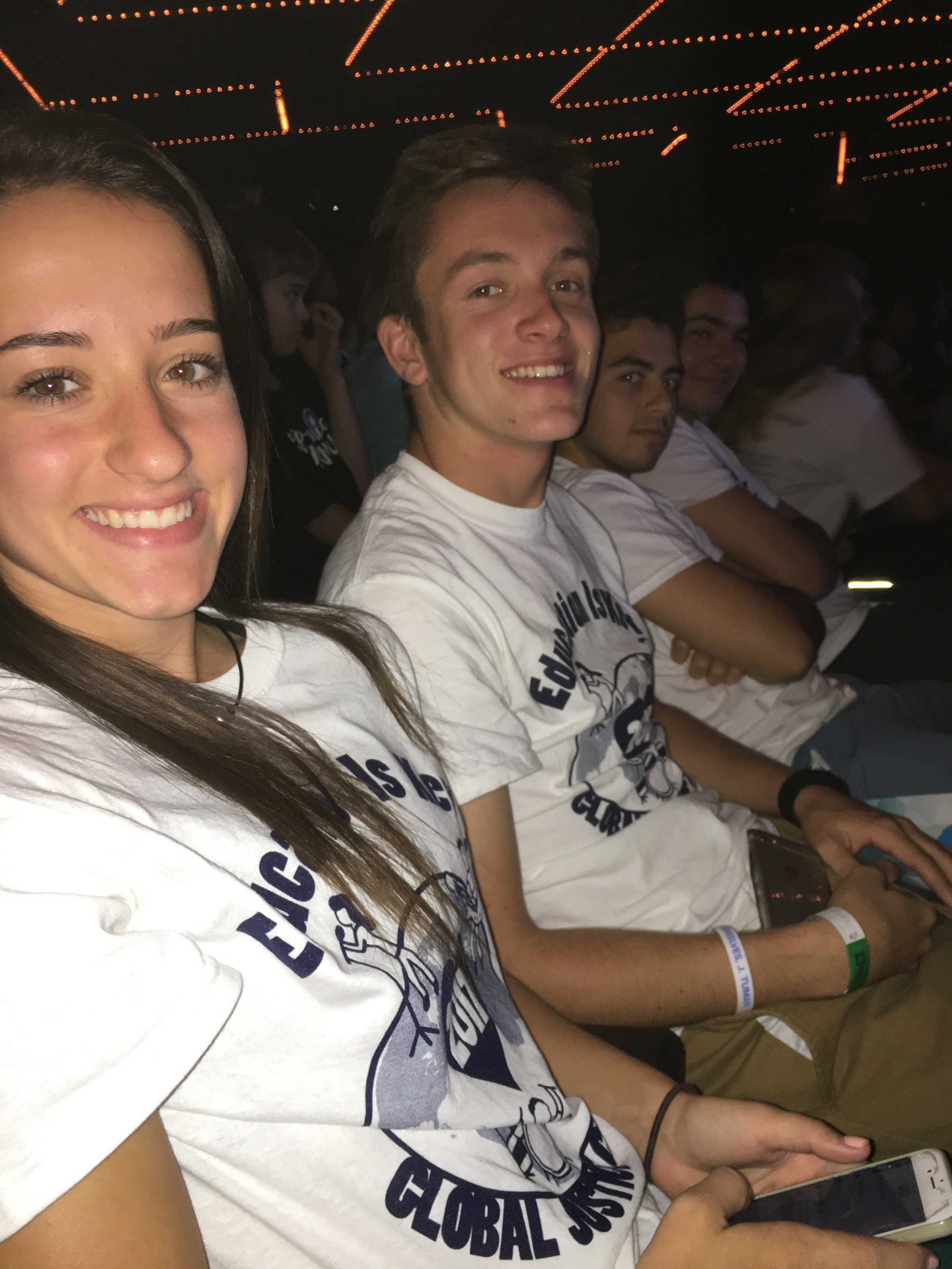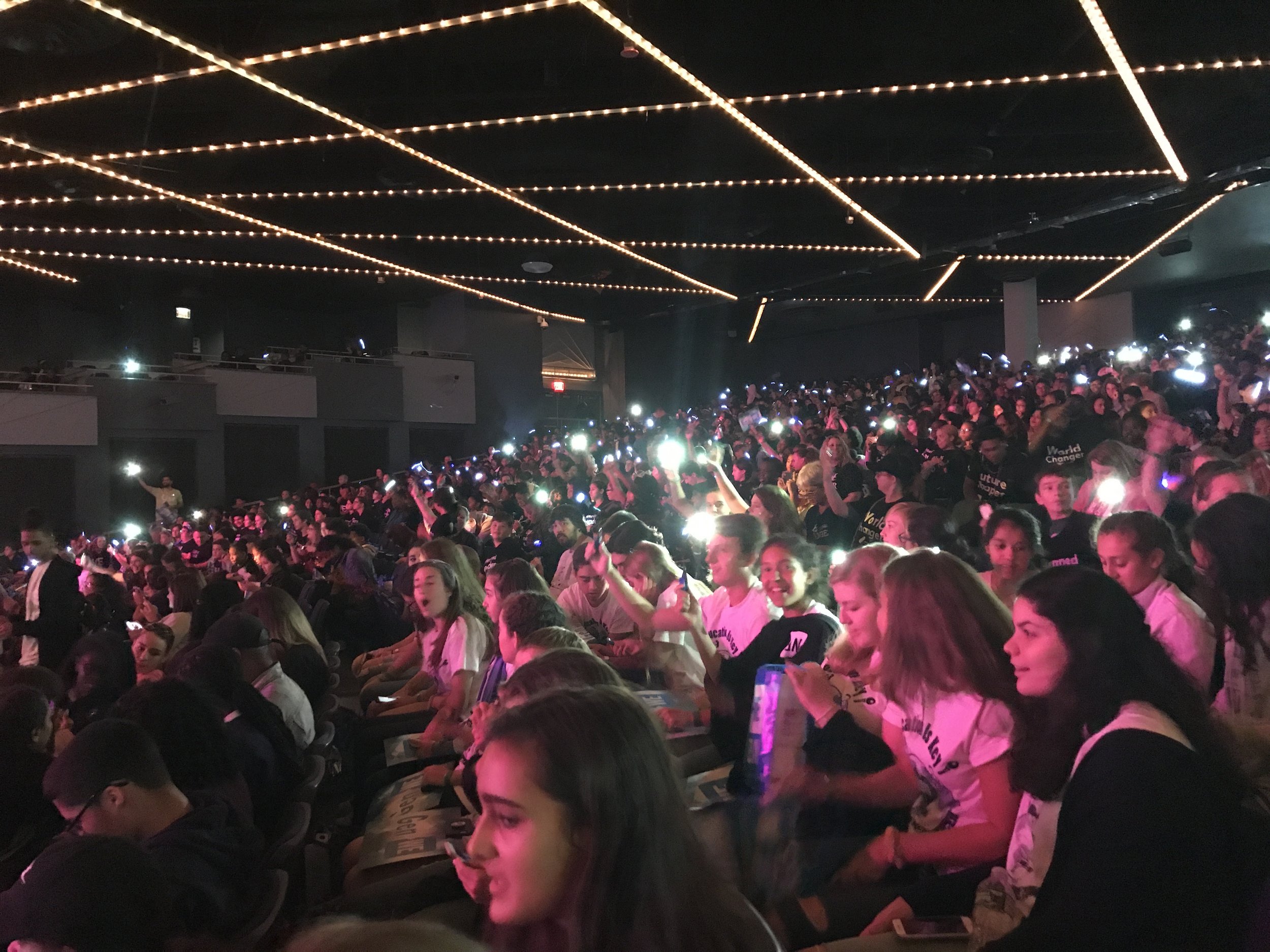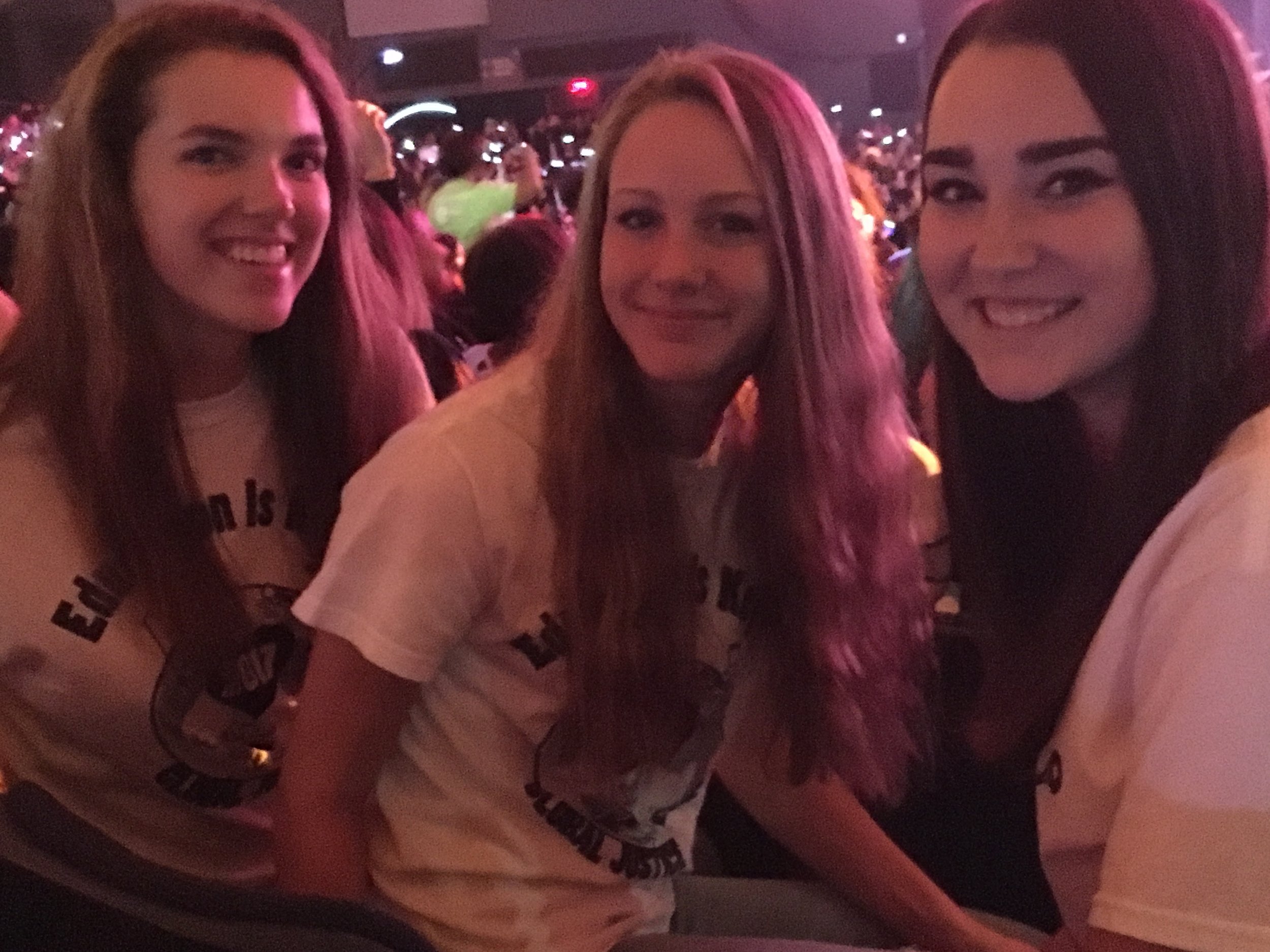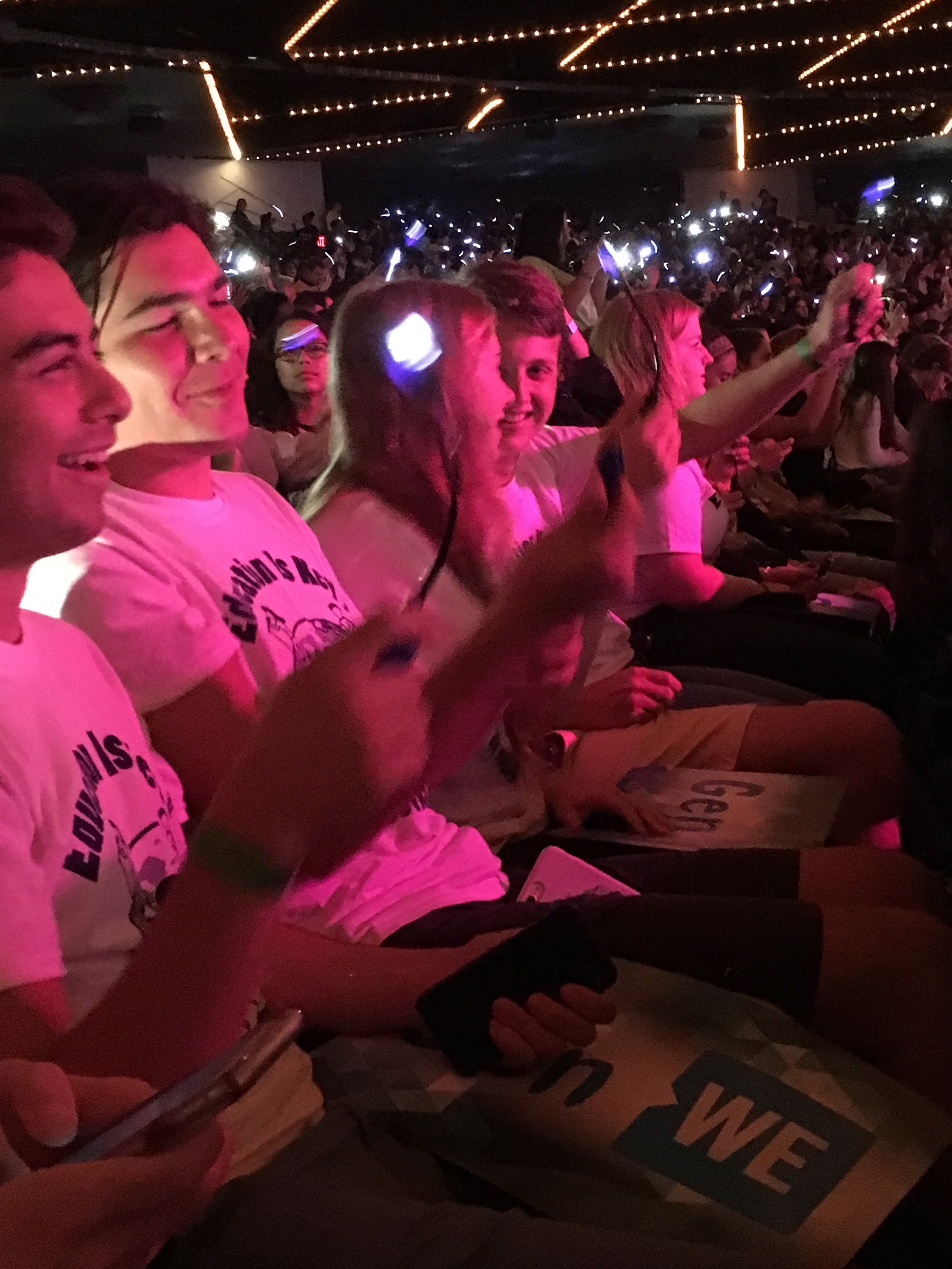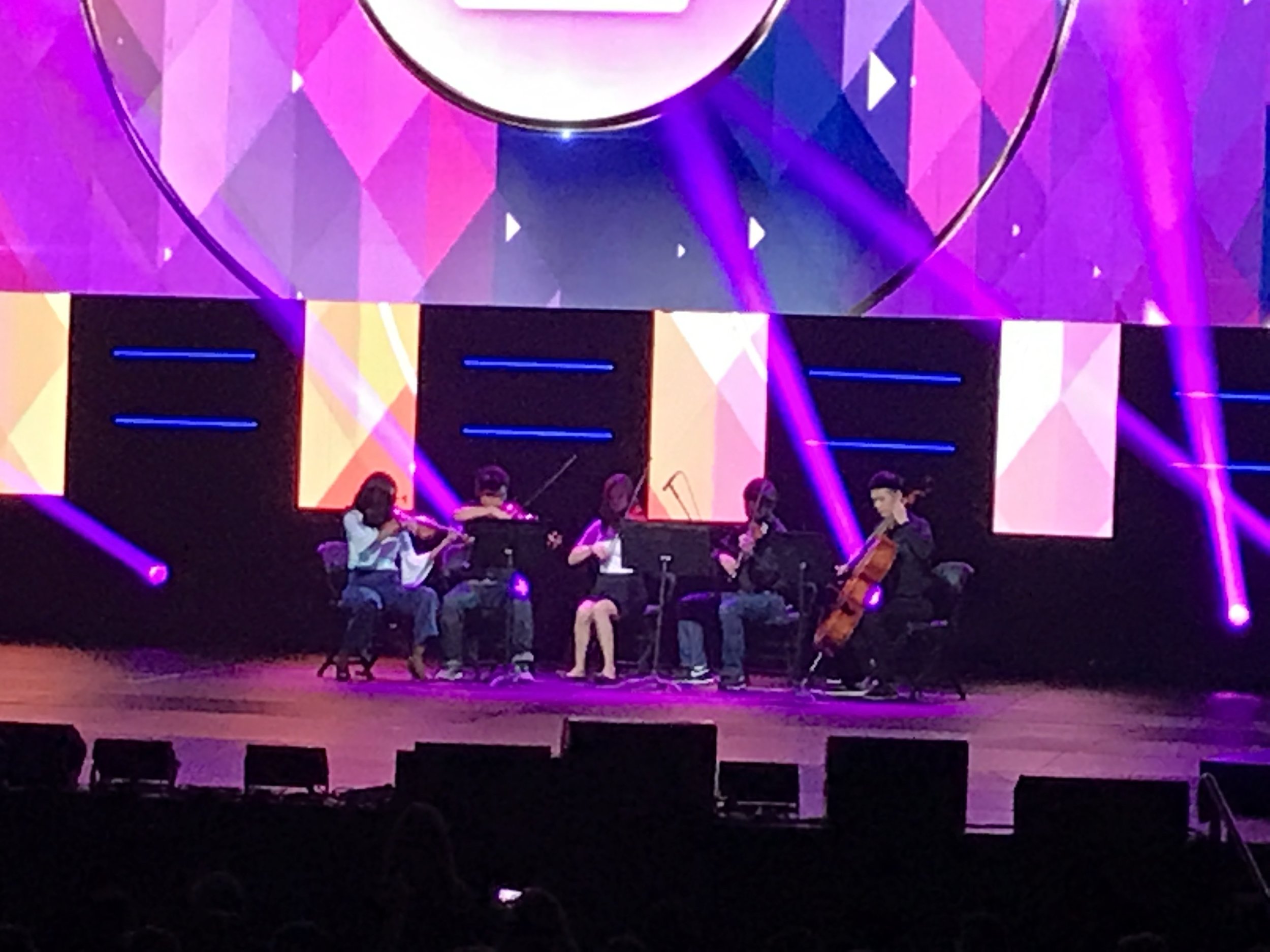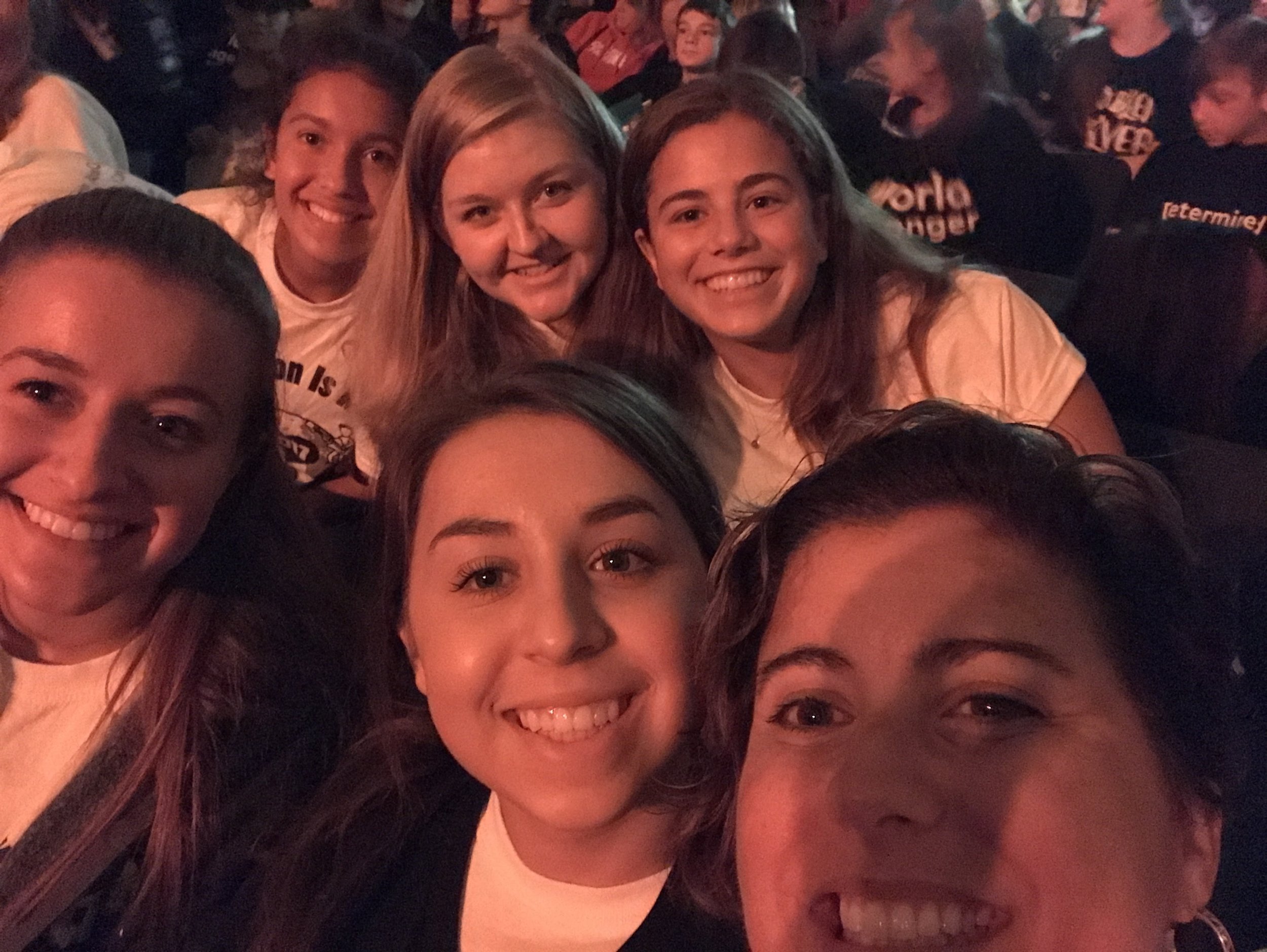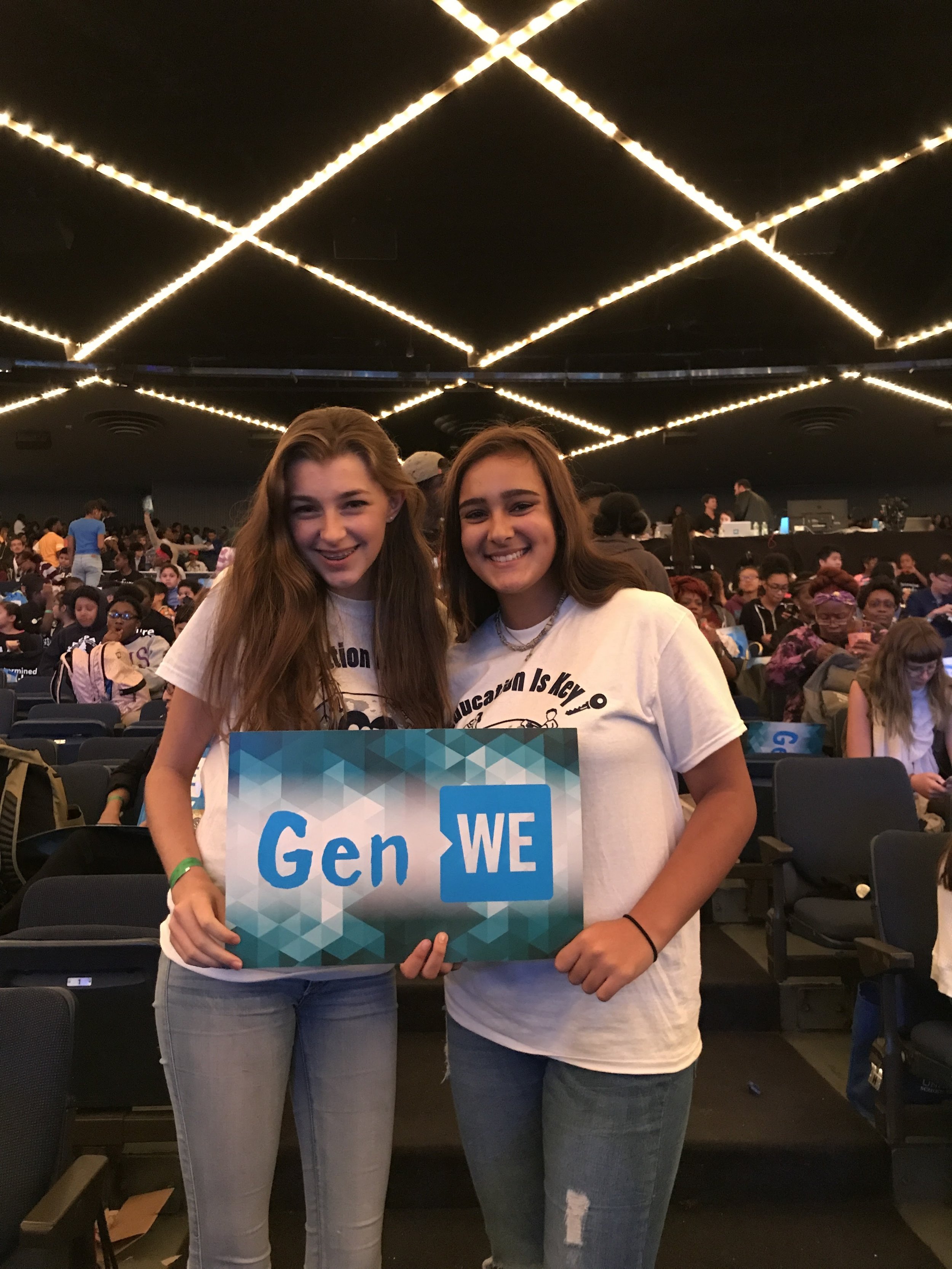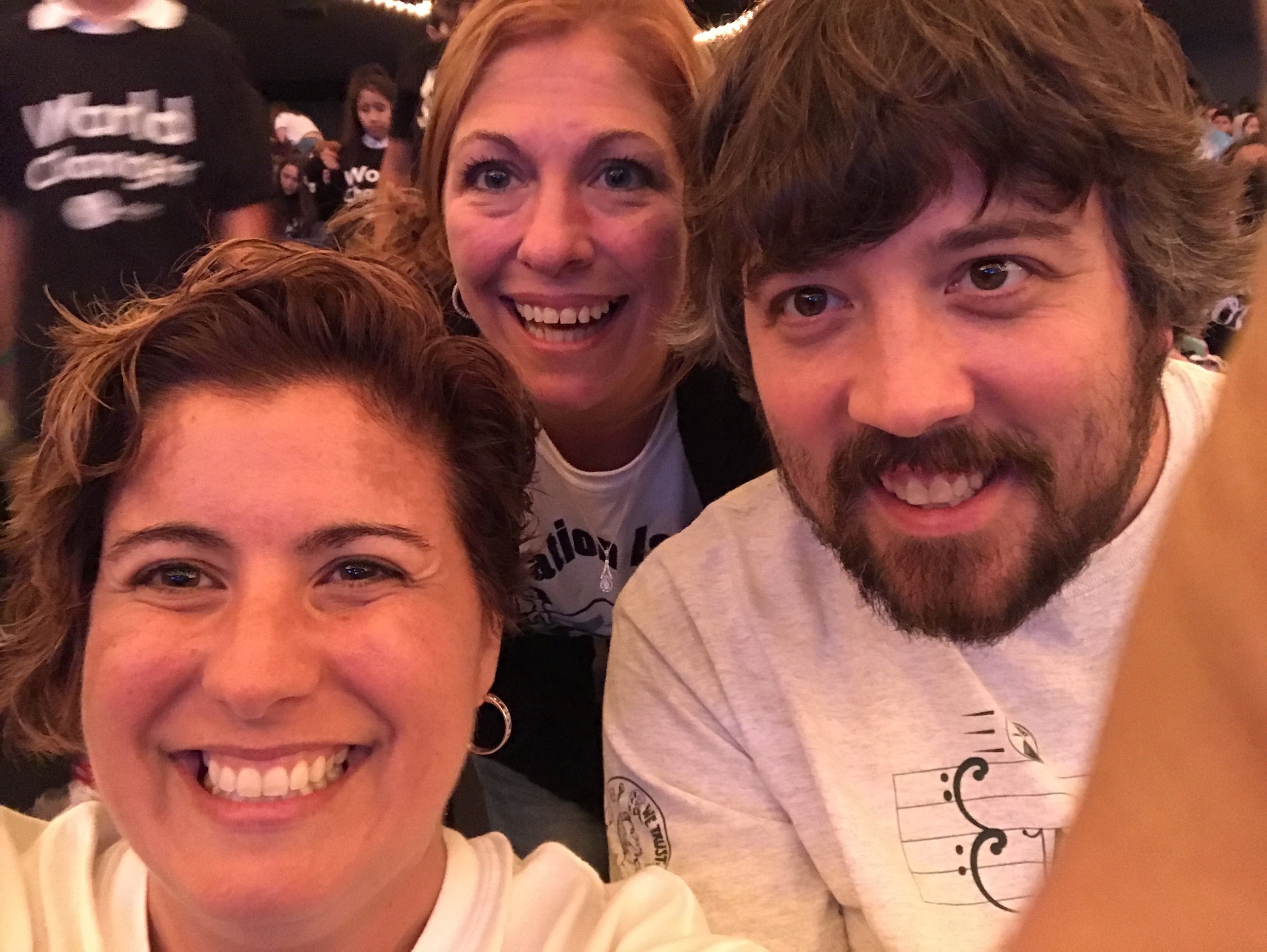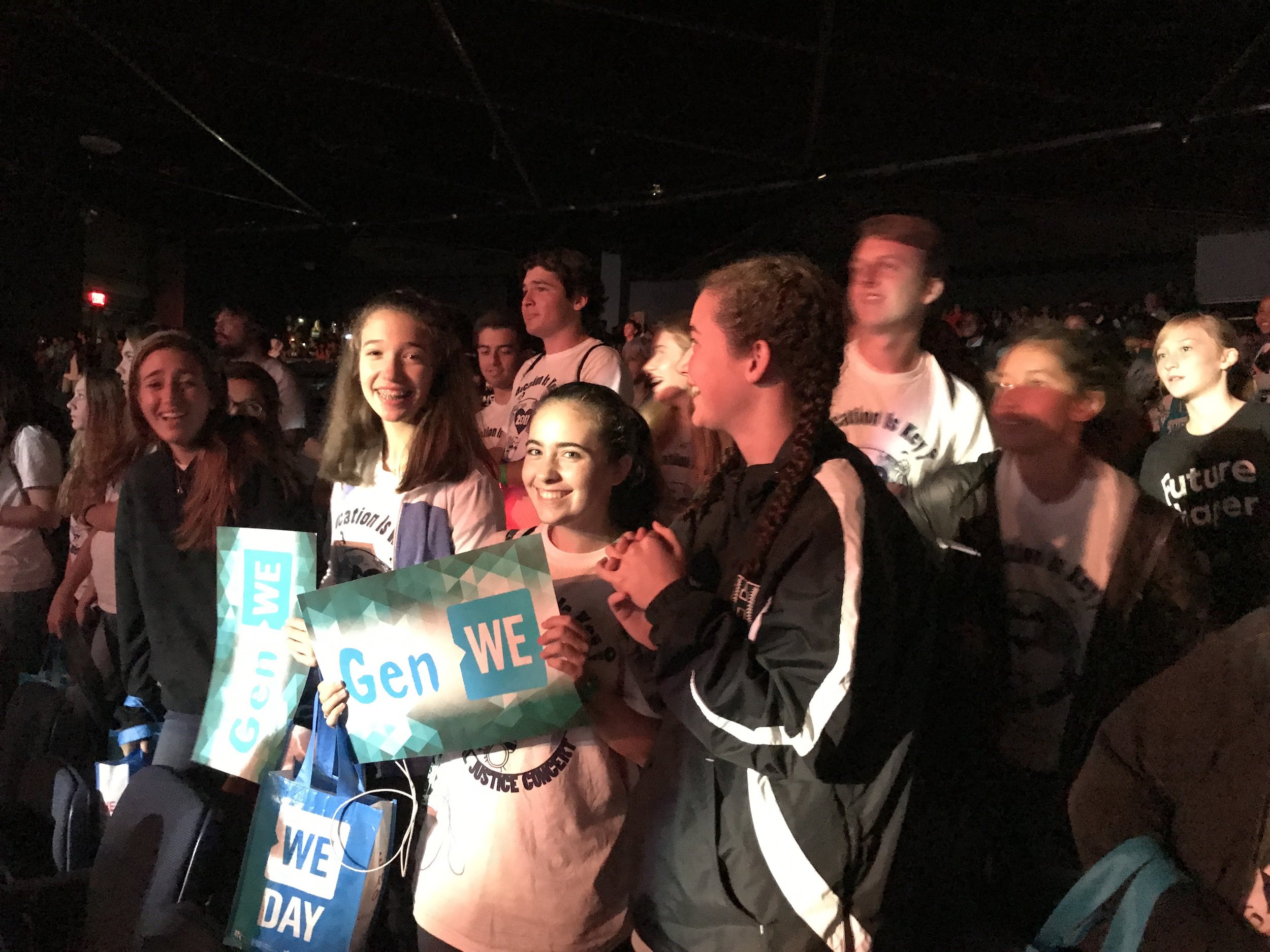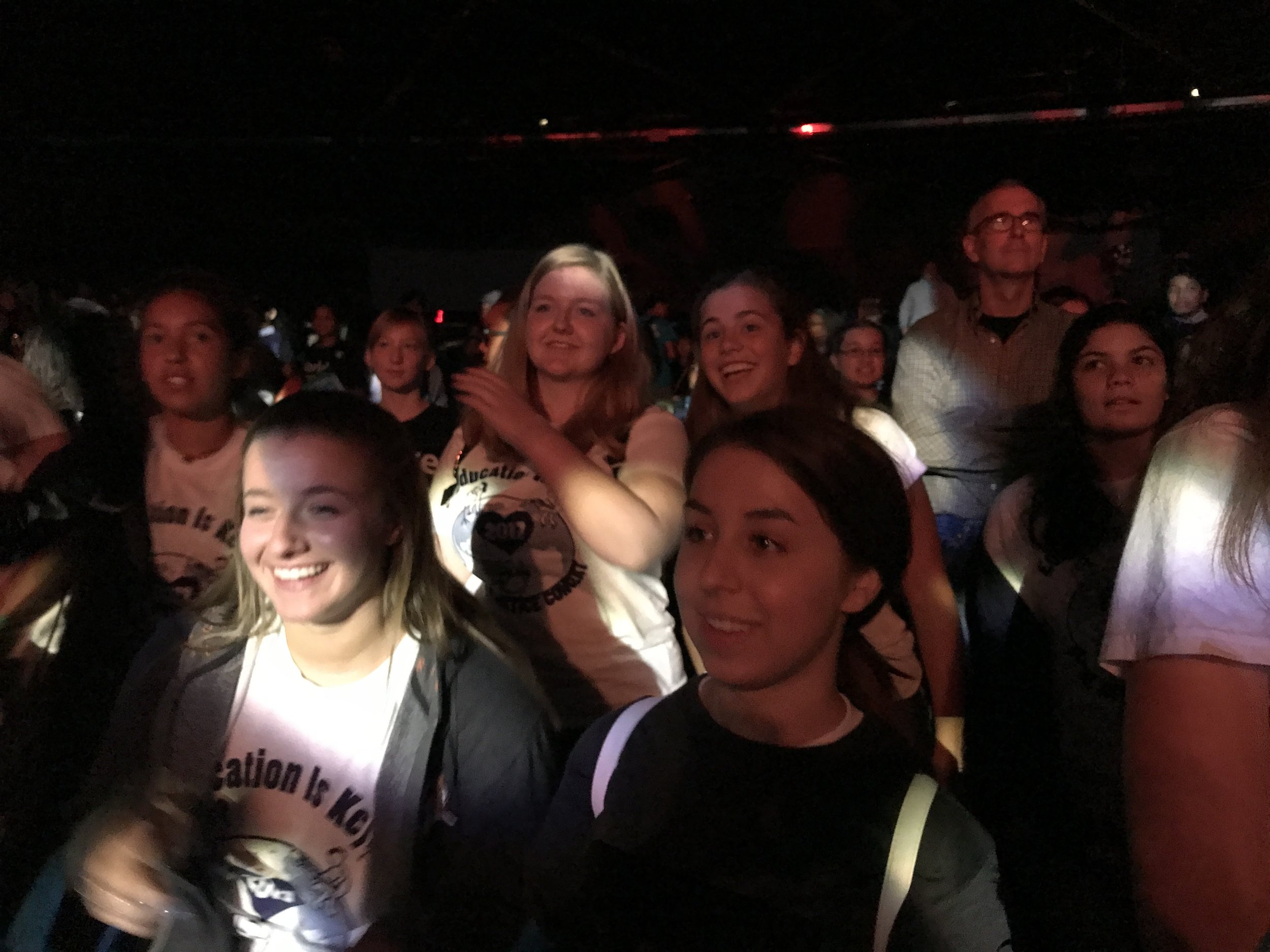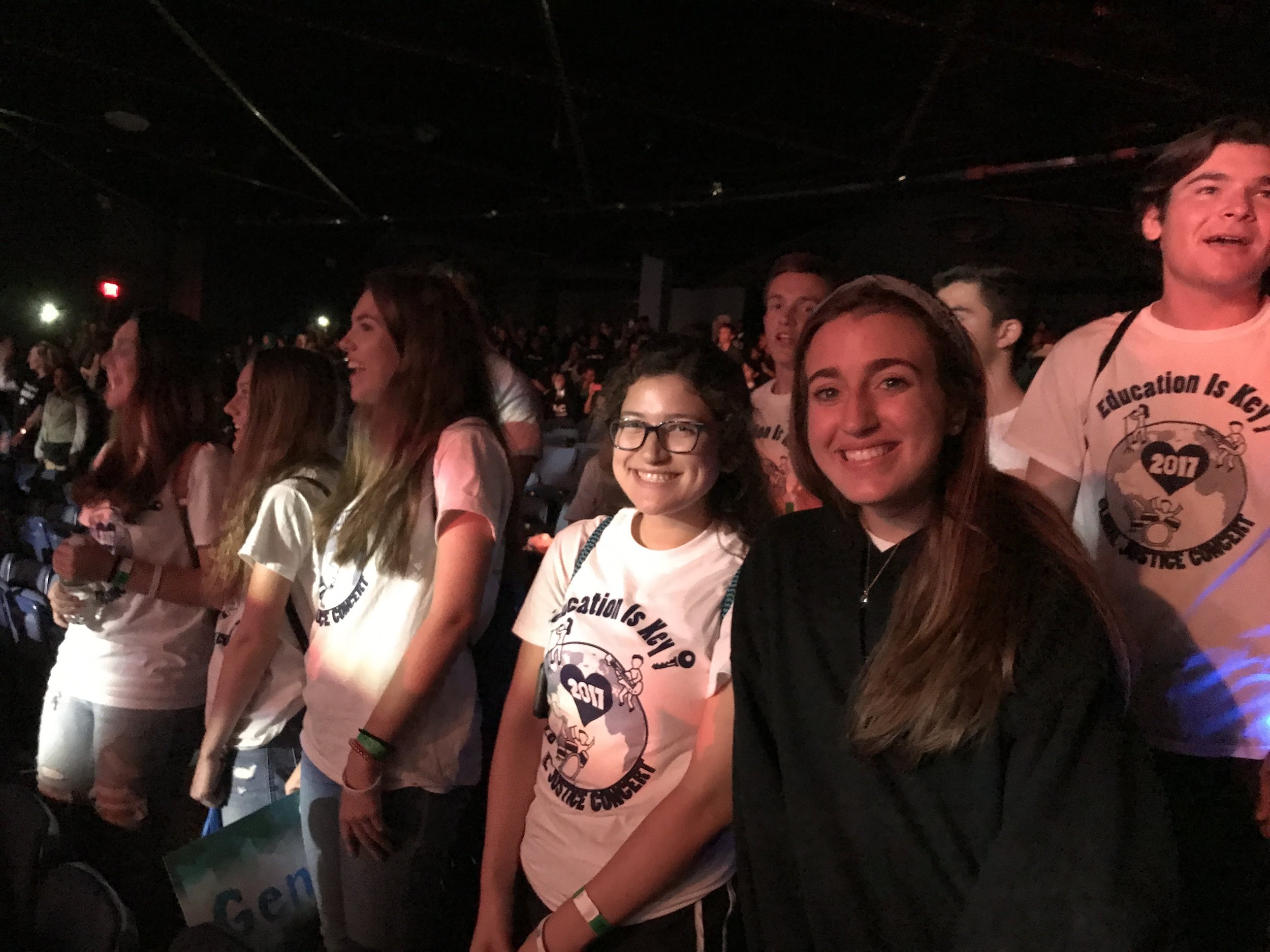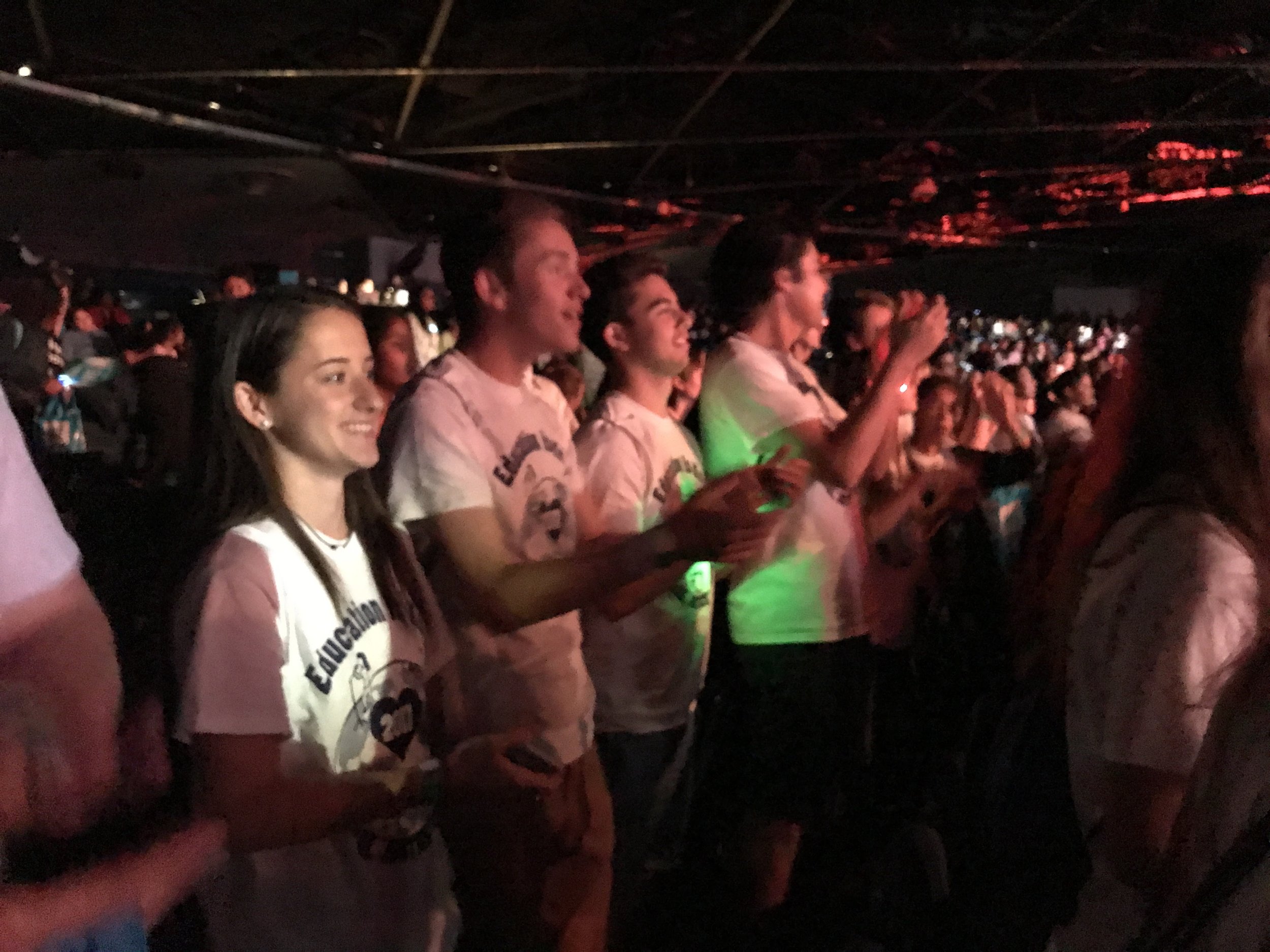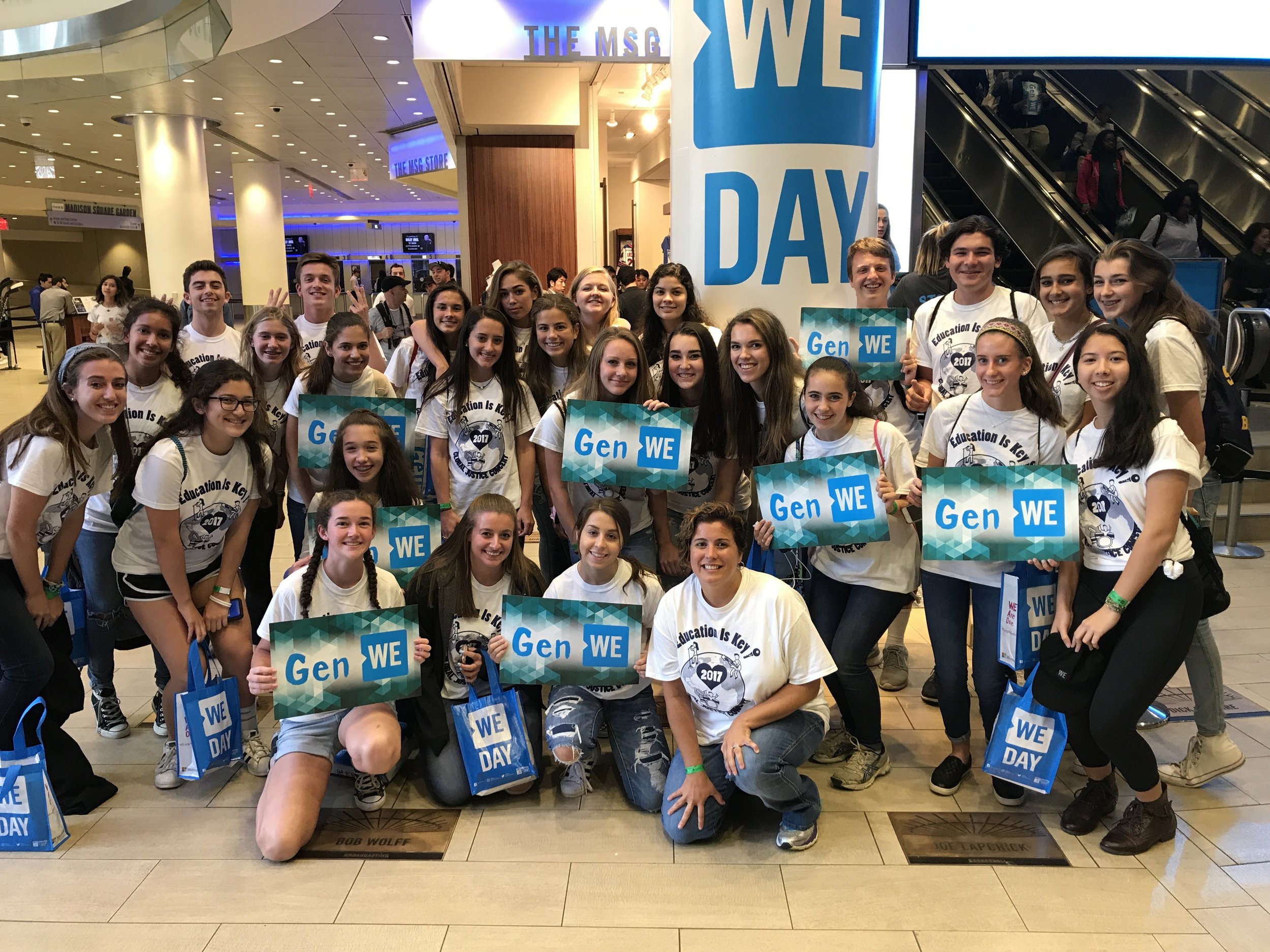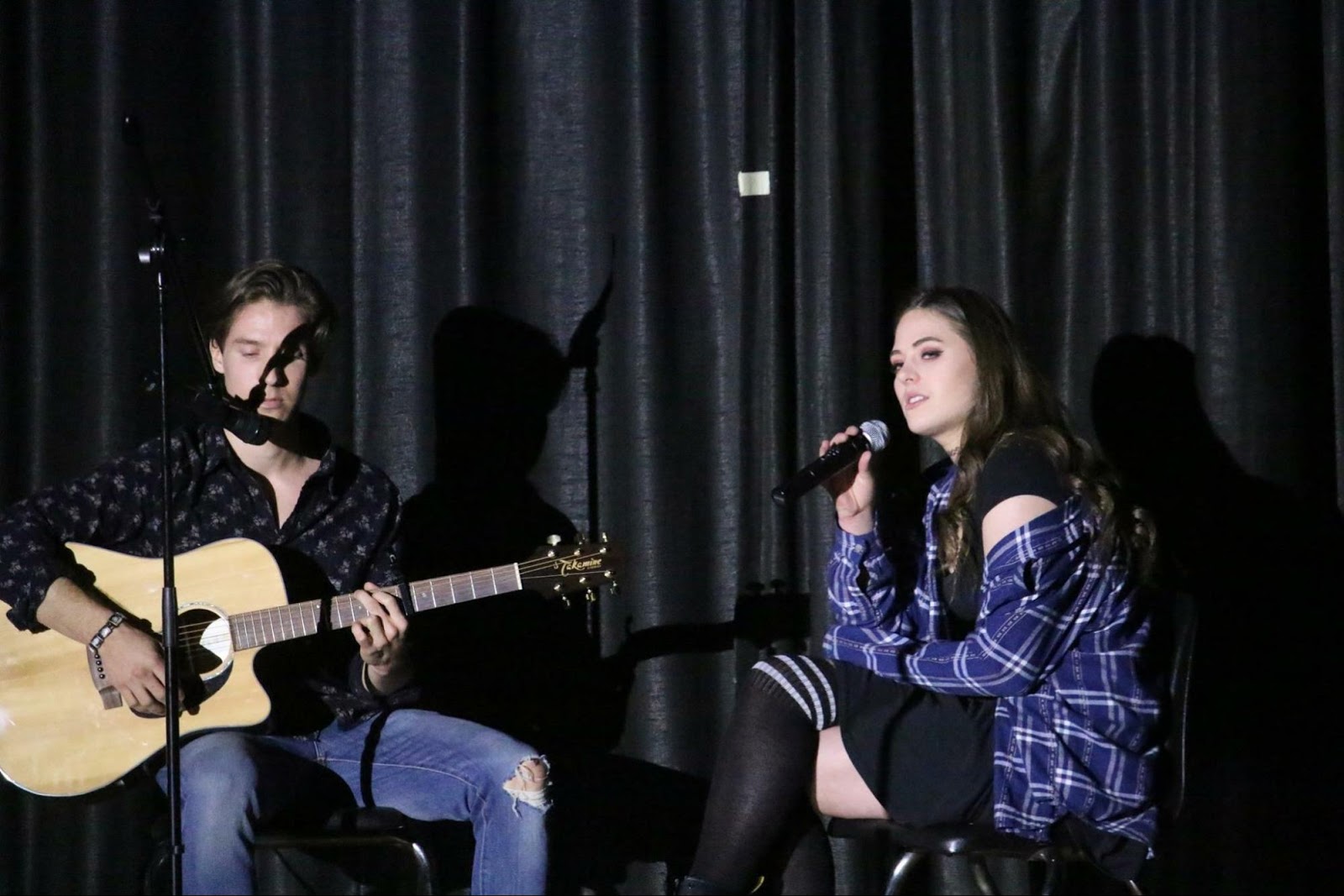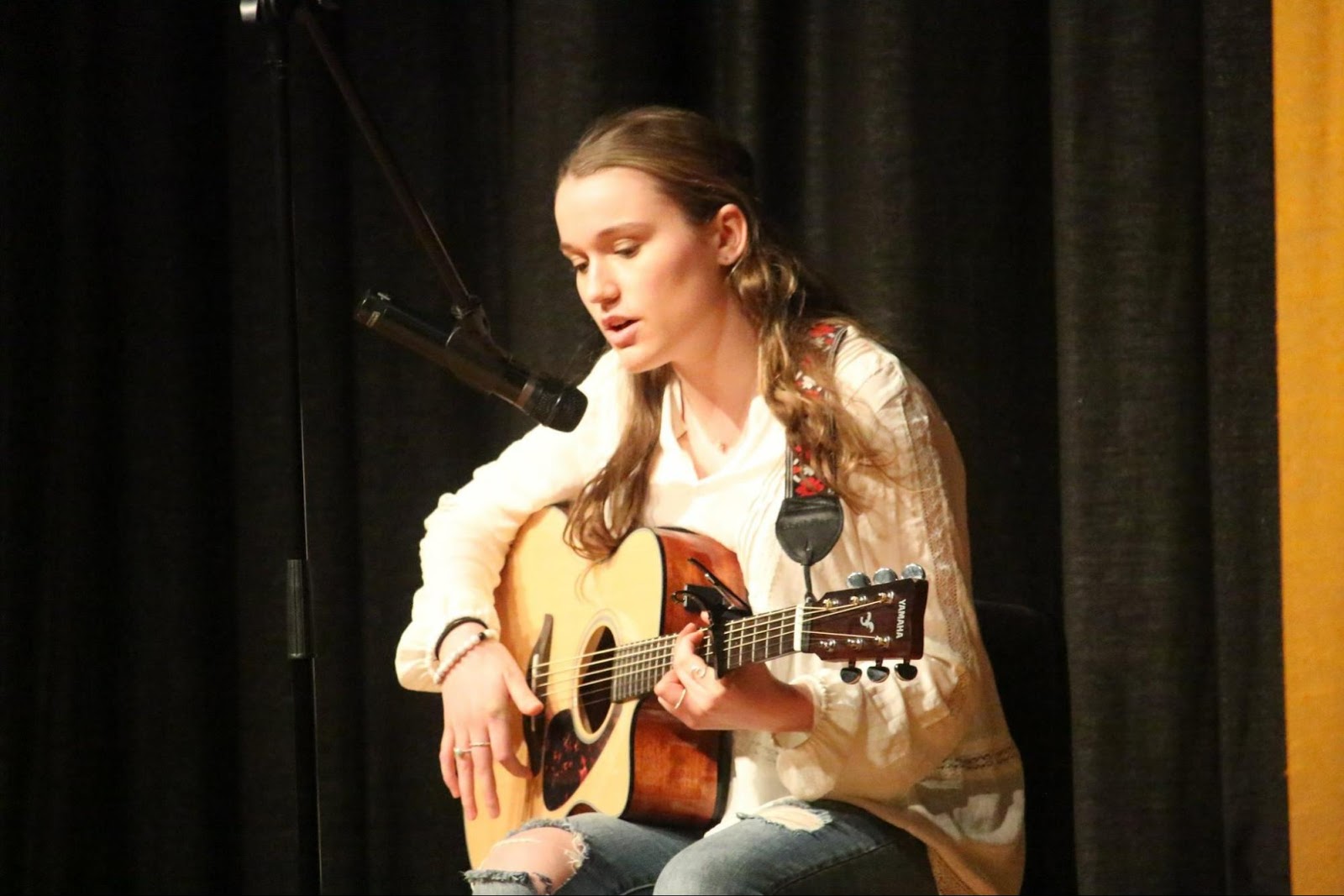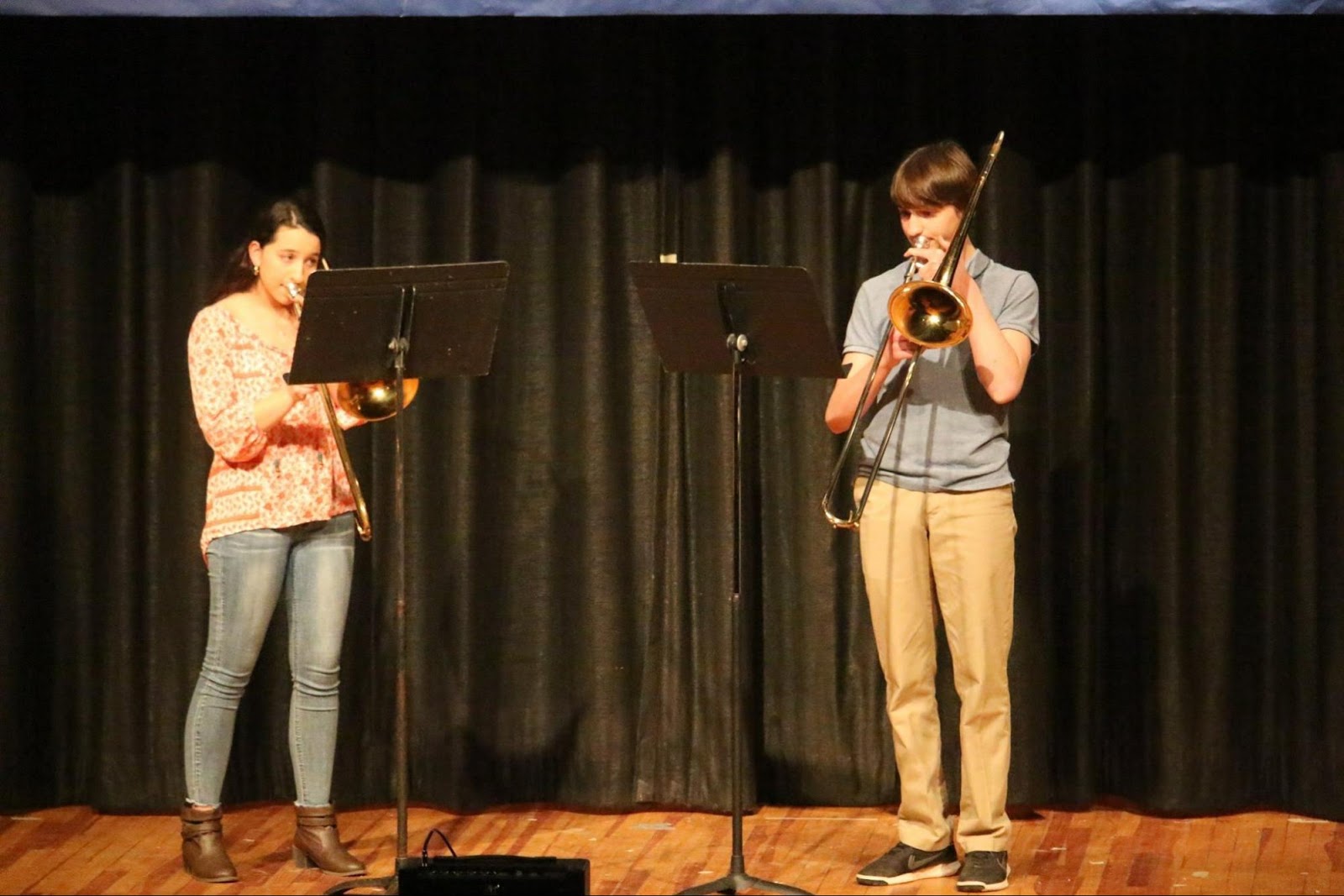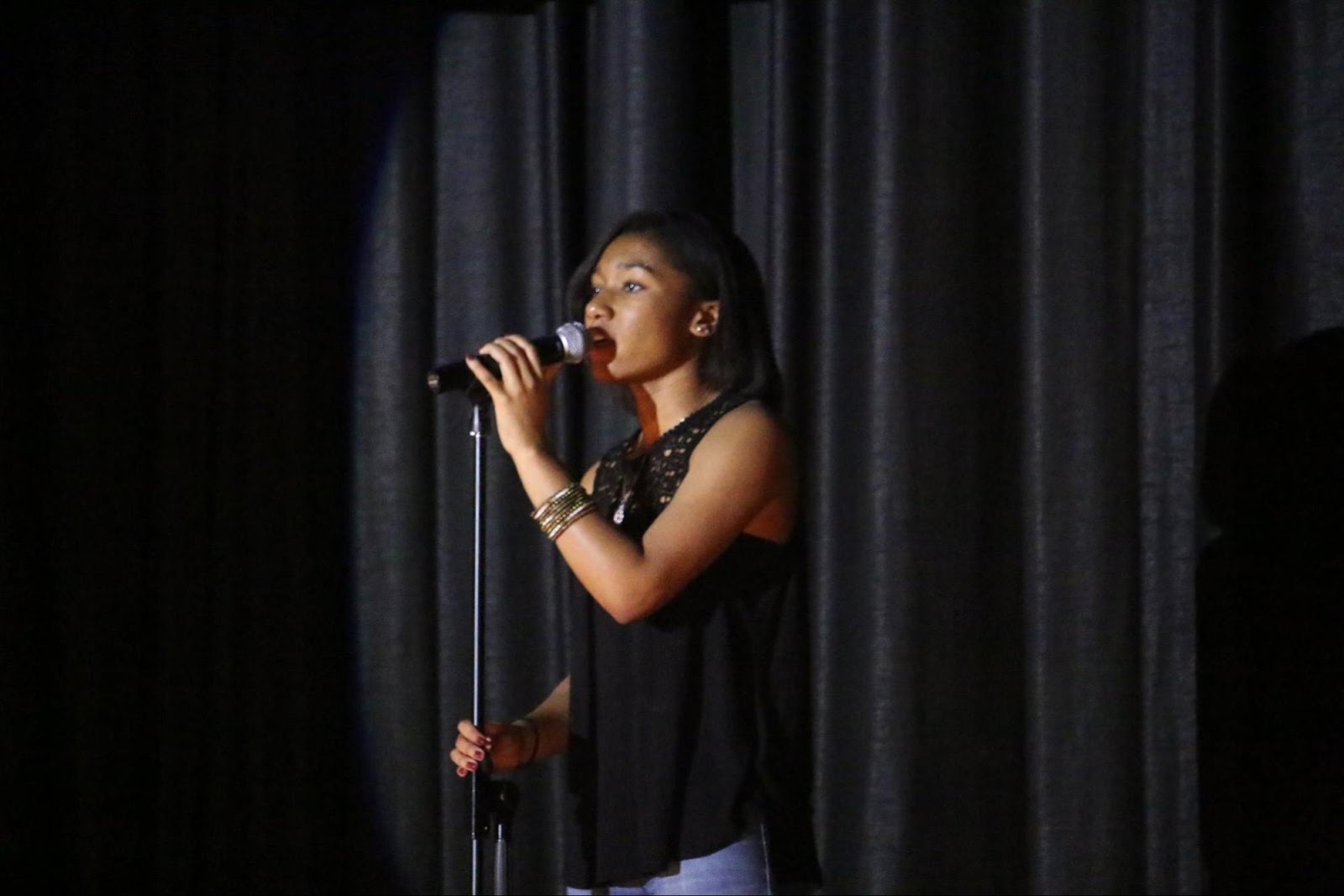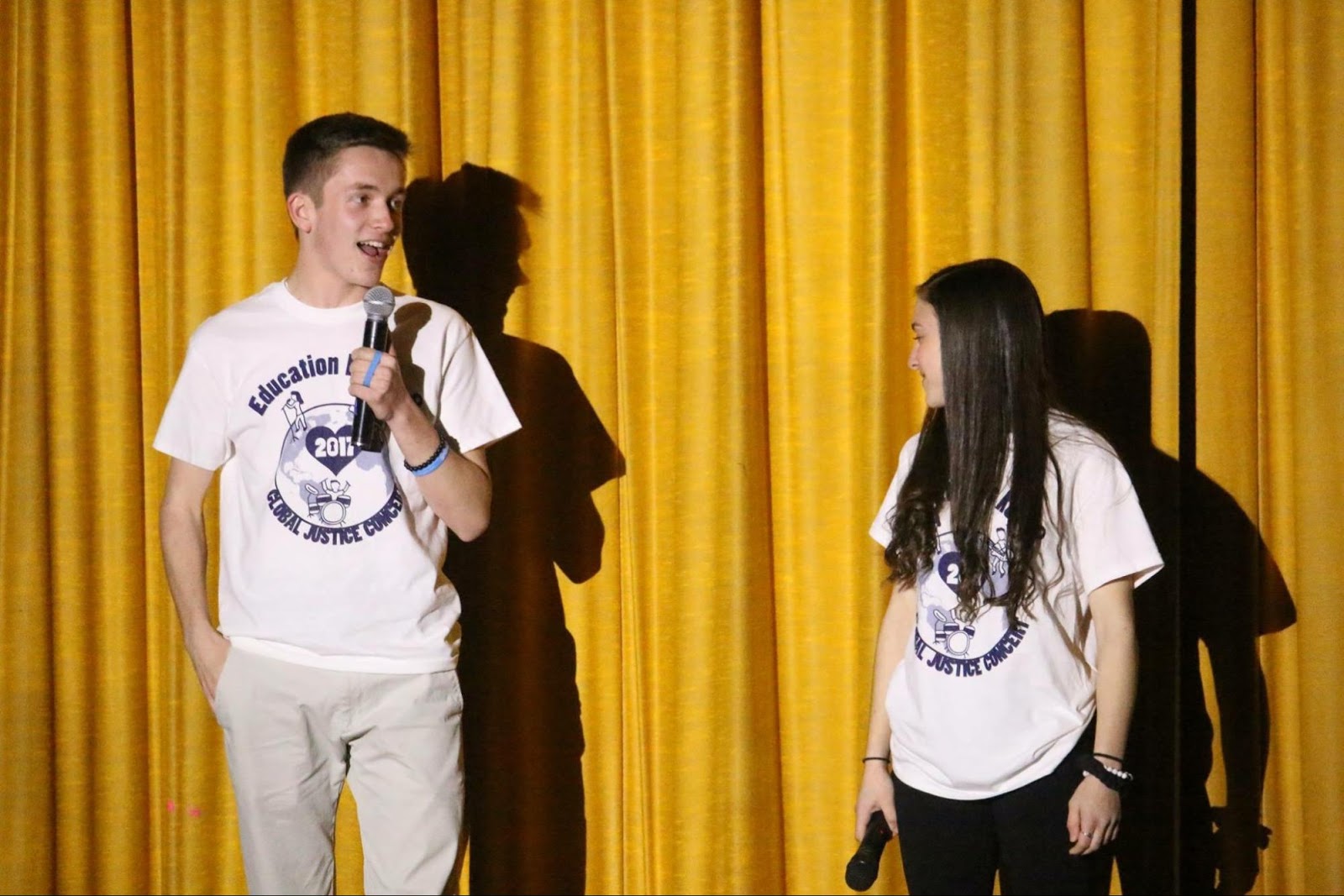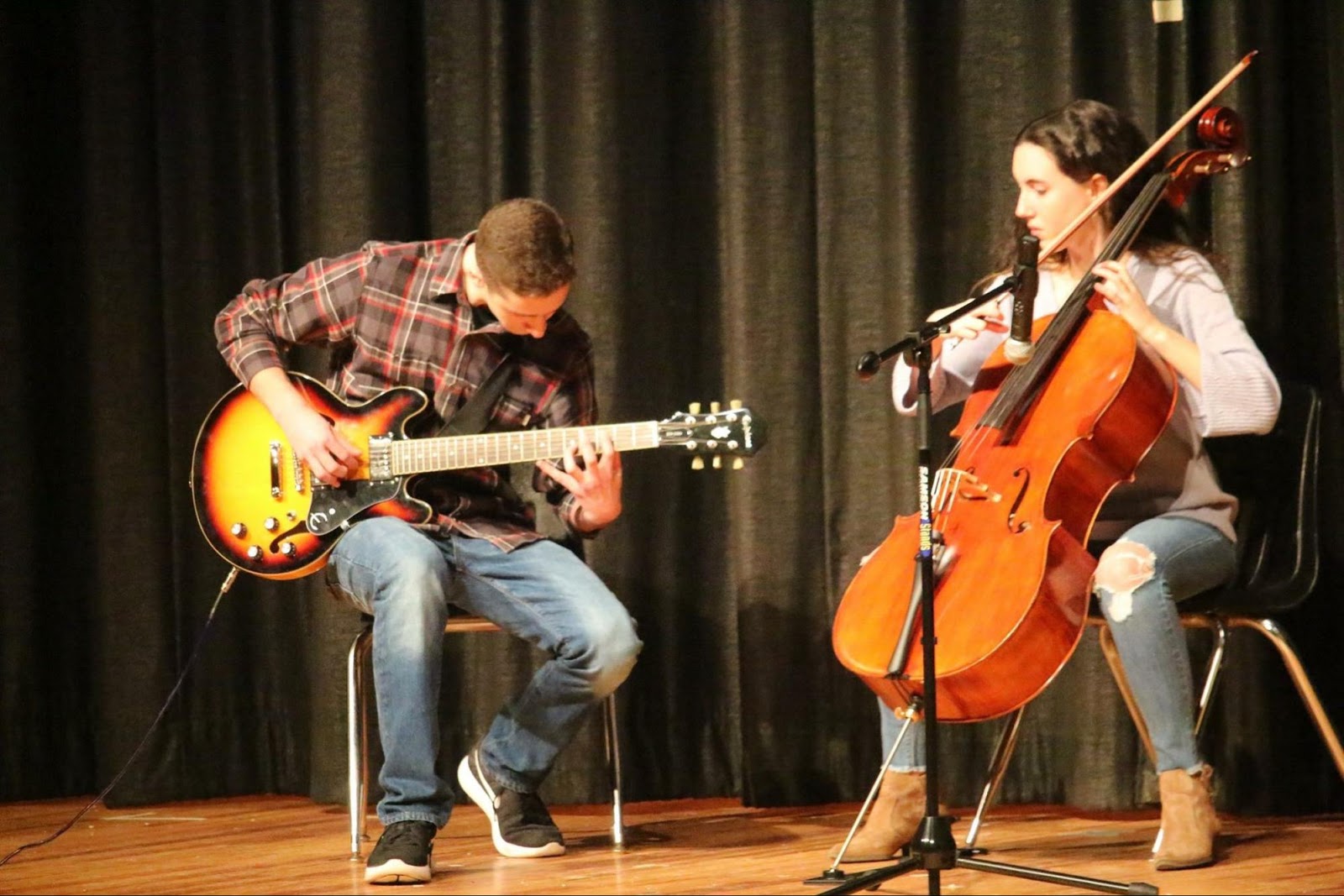HF GLOBAL JUSTICE
Our Mission: to educate the Harborfields community about social issues affecting people around the globe
HF Global Justice Talks TED
Inspired by TED Talks which have become a global phenomenon of “ideas worth sharing,” the Harborfields HS Global Justice Club, in conjunction with the Tornado News Team, has created a series of videos through which HF students take on global issues of significance and share their ideas on how to tackle some of the great challenges in the world today.
The “Humanitarian Crisis” in Latin America
By Maia Noah
Regardless of race, gender, or ethnicity every single person deserves equal opportunities at success. The United States is a place of opportunity. It’s a democratic state, where everyone has a voice, and where everyone can reach high for their dreams and live to their full potential. Every kid whether they are from El Salvador, Guatemala, Honduras, or Mexico should be able to get a full education, ultimately move on to a higher education, and make a living. Unfortunately, that is not the case.
These kids are the same as you and me. They are “Dreamers” just as the 44th president Barack Obama has referred to them as. They want their dreams to simply come true. With education not being a mandatory in Latin American countries, disadvantages in many walks of these kids lives’ emerge. In Honduras, only about 32 out of 100 students complete primary school. Primary school being kindergarten through second grade. Imagine growing up and never exceeding past a second grade reading level. Education is crucial. Without it, what success is really even possible?
Aside from education disadvantages in Latin American countries, kids have to witness high gang and crime rates at such young ages. Latin America has been ruled with the highest rates of violence. According to Insight Crime “Some 350 people die violently in the region”. These people are experiencing a “Humanitarian Crisis” as Barack Obama has called it.
While there is much attention on refugees from the Middle East seeking safety, Latin American countries along with Mexico are experiencing their own refugee crisis in hopes to escape this violence, and lack of educational opportunities.
In 2014, women and children fled Mexico and Central America and came to the United States in great numbers. They ran for their lives, away from domestic violence and in search of refuge appointing the United States as an asylum. In 2014, more than 66,000 children traveled alone or accompanied by their families from the Northern Triangle region of El Salvador, a region with the highest rates of murder. That strikingly high number is only increasing.
Kids have been threatened in regions like El Salvador, to join gangs as a drug mule. This is someone who transports illegal drugs. When kids refuse, the gangs threaten to beat these innocent kids. Thus, they surge to the U.S. to escape threats similar to this common one.
This Latin American Crisis is something that is crucial to understand. A common question is, “why are crime rates so high in these latin American countries?” A major factor is the lack of security. Governments have not been promising in these regions when it comes to state services. Along with the government's lack of security, the police and criminal justice systems in this areas are making light of the circumstances. They are not revising their methods and reevaluating their ways of law enforcement, thus creating a hopeless state among the public.
Latin American children need a place where they can thrive. They are in search for an asylum, and they deserve one.
Refugee Crisis in Southeast Asia: Myanmar
By: Melanie Bautista
Although people are progressively becoming more educated, all too often certain minority groups continue to be targeted for reasons as senseless as race, gender, religion, etc. Southeast Asia is no exception. The height of the refugee crisis in Myanmar occured in 2015, yet the devastations of displacement and discrimination continue to the present day. This issue is not widely known, giving it all the more reason to be brought to light.
Myanmar is a country to the east of India in Southeast Asia. It is comprised of a majority of ⅔ of Buddhists. Its minority group, the Muslim Rohingya makes up the remaining ⅓ of Myanmar’s population. This minority practices a version of sunni Islam which differs culturally, religiously, and linguistically from the Buddhists. They occupy the western area of Myanmar. Although they have lived in this country for hundreds of years, they are still viewed as illegal Bengali immigrants. They have been denied basic human rights since 1948, when Burma (Now called Myanmar) was declared independent state.
As unbelievable as it may seem, the Rohingya are not considered citizens due to a law passed in 1982 declaring them stateless. Some are given white cards that provide temporary citizenship, yet sometimes those are not even recognized as valid. Poverty encapsulates this area of Myanmar. With no job opportunities, rights or even recognition, this minority is trapped. This has caused this area of this country to be the most underdeveloped. The government of Myanmar was accused of “ethnic cleansing” in 2012. A Rohingya man was accused of raping a Buddhist woman, leading to a killing rampage of many Rohingya. To most of these victims, fleeing the country is their only hope at thriving.
Refugees flee to Bangladesh over land or they cross overseas to reach Indonesia, Thailand or Malaysia. Though the road to safety is not an easy one. The boat ride is often dangerous. Perfectly described by Amnesty International’s Kate Schuetze, “The fact that thousands of Rohingya prefer a dangerous boat journey they may not survive to staying in Myanmar speaks volumes about the conditions they face there.” 90% of refugees go to Malaysia however, they receive no legal status. Bangladesh has at least 33,000 refugees but their internment camps are in bad shape. Thailand is usually used as a transitionary locations for refugees and sadly, human trafficking takes place here. Indonesia is the least occupied by Rohingyas, although those who flee there are given protection.
Although this crisis hit its peak in 2015, the violence worsened in late 2016, continuing into early 2017. Rohingya were blamed for attacking security at the Myanmar-Bangladesh border. This lead to deadly fighting between the groups. Even though the National League For Democracy is in power, the are extremely hesitant to aid the Rohingya. Protecting them would mean losing support from the Buddhist majority. Refugee crises are as relevant as ever, and awareness is the birth of change.
HF GOES GLOBAL
By Christina Kohl
Harborfields has done plenty of events that have somehow benefitted people outside of our community. We are fortunate enough to be taking part in another charity showcase next month. The Global Justice Club in particular will be holding a concert on April 7th, 2017.
Although the school has participated in viewing or performing in the concert in the past, there are still questions that need to be answered regarding the event. For example, who can perform in the concert? How do I sign up? What is fundraising going toward? How much is a ticket? What sort of acts can I do on stage?
The Global Justice Concert is a humbling event meant simply to raise money for the building of a school in Sierra Leone. There are definitely children in the world who do not have access to a proper education or a foundation for success in life. Our concert is meant to construct a safe haven for students who are less fortunate in parts of the developing world.
Any member of our HFamily can audition to either sing, dance, or play a musical instrument in the concert. There have been times where bands have also performed, and the event is not open to strictly HF students. Once again, the purpose of the concert is merely to raise money and give back. Ms. DaSilva, the club advisor, will be hosting auditions on March 6th and March 7th.
In order to raise as much money as possible for a great cause, the Global Justice Club asks that people of our Harborfields Community donate raffle baskets for those attending the event. Tickets purchased towards a variety of raffle baskets help our cause even more. “I always like to help by putting together a basket with an AMC gift card and assorted candies. It’s not much, but people put tickets in and it raises more money than the cost of the actual basket,” says Senior Catherine Kohl. In addition to candies and entertainment, Natalie Troy adds, “I always put my money down for any sort of spa basket. It’s really nice to see so many people doing whatever is in their power to help.”
In the past years, the Global Justice Club has had a lot of success with the concert. Students who joined the club in September come together nicely for a special event such as this. Ms. DaSilva and members of the club want to allow a success every year so that the tradition of building a school in Sierra Leone can be passed on for years to come in the HF community. Ms. DaSilva adds to this point, “I understand that it is difficult to have students actively participate in any club at the high school, since kids find themselves being spread too thin. However, I truly believe in this cause and I know that my club will cooperate to make it amazing.”
It is okay to either show off your talents in the concert or simply attend and support your friends who are. The Global Justice Concert only comes once a year and it means a lot to those who put hard work into the show. Please support the HF community and the developing world by coming to the auditorium on Friday, April 7th, 2017.


